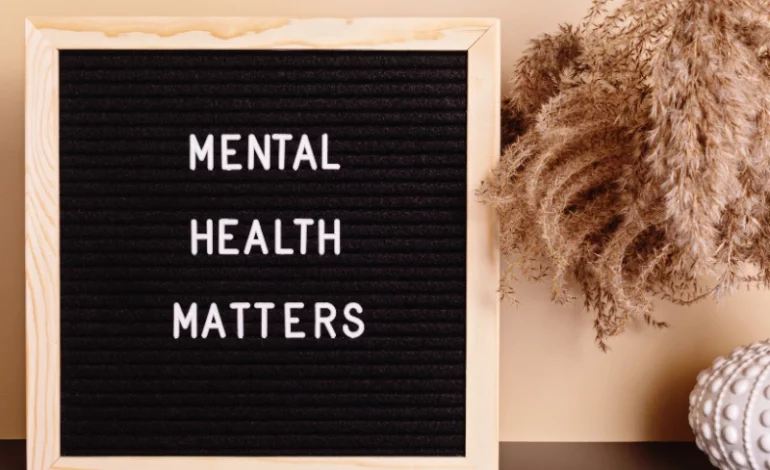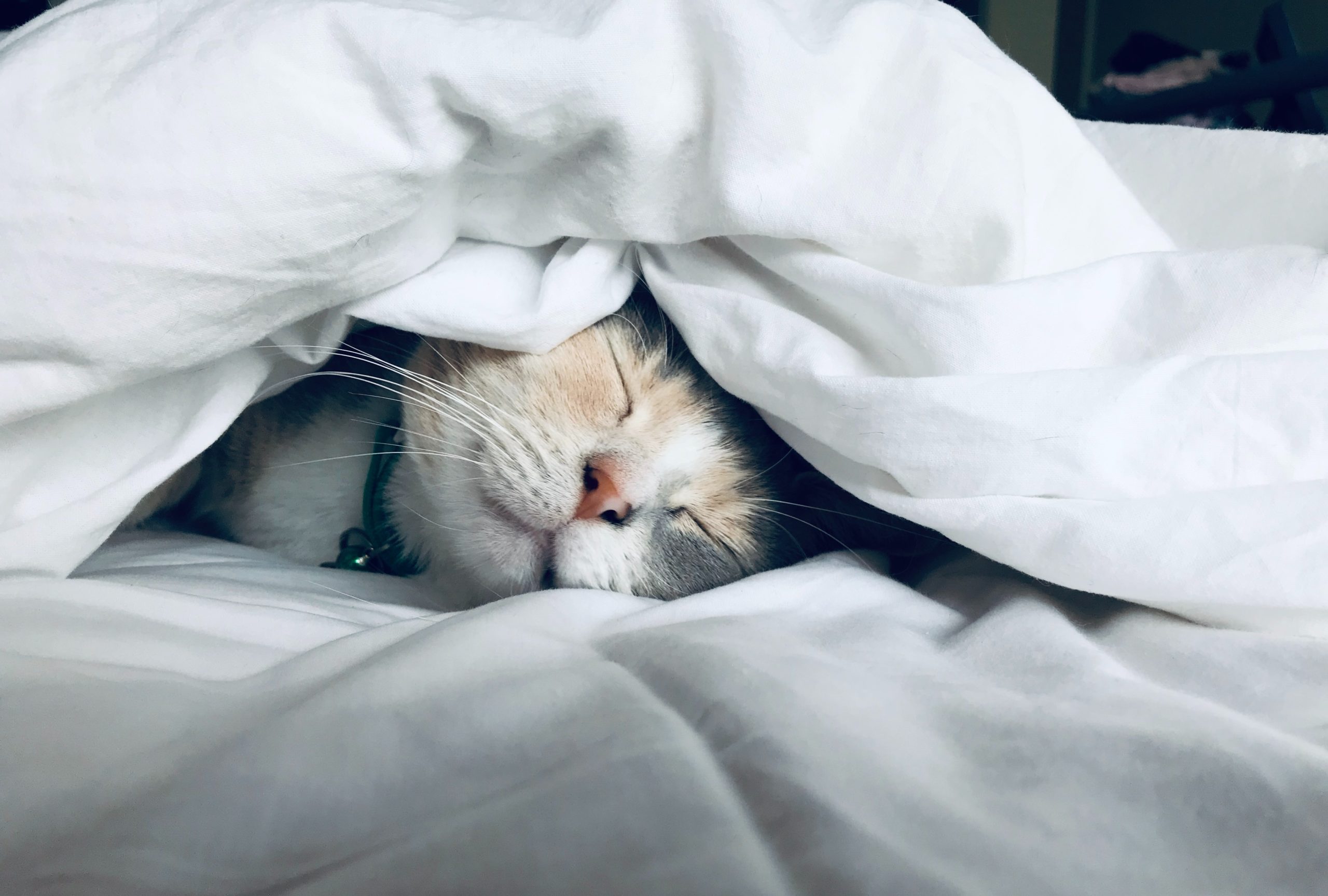Sleep Hygiene: What It Is and Why It Matters

Sleep is one of those things we often take for granted, yet it plays a vital role in our overall well-being. Imagine waking up each morning feeling refreshed and ready to tackle the day ahead. Sounds dreamy, right? That’s where sleep hygiene comes into play. It’s not just about getting enough shut-eye; it’s about cultivating healthy habits that enhance the quality of your sleep.
Many people struggle with restless nights or groggy mornings without realizing how their daily choices impact their slumber. By understanding the principles of sleep hygiene, you can unlock better rest and improve your health significantly. Let’s delve deeper into what sleep hygiene really means and why it matters so much!
The Importance of Good Sleep
Sleep is essential for both physical and mental health. It plays a crucial role in our daily functioning.
When we sleep well, our bodies can repair themselves. This helps to boost the immune system and promotes overall wellness. Quality sleep also supports cognitive functions like memory retention and problem-solving skills.
Lack of restful sleep can lead to various health issues. Anxiety, depression, and stress levels often increase when we don’t get enough shut-eye. Chronic sleeplessness may even contribute to serious conditions like heart disease or diabetes.
Moreover, good sleep enhances mood regulation. A well-rested person tends to be more resilient against life’s challenges.
Prioritizing quality sleep improves productivity too. When you’re rested, tasks seem easier and focus sharpens naturally—leading to better results at work or school.
What Affects Sleep Quality?
Sleep quality is influenced by various factors that can either enhance or disrupt our nightly rest. Stress and anxiety often top the list. When your mind races, it becomes challenging to drift off peacefully.
Diet also plays a significant role. Consuming heavy meals close to bedtime may lead to discomfort and restless nights. Similarly, caffeine and alcohol can interfere with sleep patterns, making it harder to fall asleep or stay asleep.
Environmental elements cannot be overlooked either. Noise, light exposure from screens, or an uncomfortable mattress can all contribute to sleeplessness.
Lifestyle choices like irregular sleep schedules create havoc on our internal clocks. Without consistency in bedtimes and wake times, achieving restorative sleep becomes difficult for many people. Each of these aspects intertwines uniquely for individuals but collectively impacts overall sleep quality significantly.
Common Bad Habits that Affect Sleep
Many people unknowingly engage in habits that sabotage their sleep. One of the most common culprits is excessive screen time before bed. The blue light emitted by phones and tablets interferes with melatonin production, making it harder to fall asleep.
Caffeine consumption later in the day also wreaks havoc on your rest. Even a cup of coffee in the afternoon can linger into the evening, leaving you tossing and turning at night.
Another bad habit? Irregular sleep schedules. Going to bed and waking up at different times each day disrupts your body’s internal clock, leading to restless nights.
Consuming heavy meals right before bedtime can lead to discomfort and indigestion. This makes it difficult for your body to relax fully as you try to drift off into slumber. Awareness of these behaviors is key for improving overall sleep quality.
Tips for Improving Sleep Hygiene
Establish a consistent sleep schedule. Go to bed and wake up at the same time every day, even on weekends. This helps regulate your body’s internal clock.
Limit screen time before bed. The blue light emitted by phones and computers can interfere with melatonin production. Try reading a book or practicing relaxation techniques instead.
Create a calming bedtime routine. Engage in activities that signal your body it’s time to wind down, such as taking a warm bath or meditating.
Watch what you eat and drink close to bedtime. Avoid large meals, caffeine, and alcohol in the hours leading up to sleep since they can disrupt your rest.
Exercise regularly but not right before bed. Physical activity during the day promotes better sleep quality, while late workouts may energize you when it’s time to relax.
Consider keeping a sleep journal. Tracking patterns can help identify habits affecting your rest so adjustments can be made effectively.
Creating a Sleep-Friendly Environment
A sleep-friendly environment can transform your nights. Start with your bedroom layout. Keep it clutter-free and calming.
Consider the temperature. A cool room, around 60 to 67 degrees Fahrenheit, promotes better sleep quality. Layer your bedding for comfort without overheating.
Lighting plays a key role too. Use blackout curtains or blinds to block out unwanted light. Dim lights an hour before bedtime to signal your body that it’s time to wind down.
Don’t forget about noise control. White noise machines or earplugs can help drown out disruptive sounds, creating a tranquil atmosphere.
Add soothing scents like lavender through essential oils or candles (just remember to extinguish them!). Each element contributes to a peaceful retreat dedicated solely to rest and relaxation.
Resources and Further Reading on Sleep Hygiene
For those eager to dive deeper into the world of sleep hygiene, there are plenty of resources available. Books like “Why We Sleep” by Matthew Walker provide valuable insights into the science behind sleep and its impact on our lives. Websites such as the National Sleep Foundation offer practical tips and research-based information.
You can also check out articles from reputable health organizations that discuss common sleep disorders, their effects on your health, and strategies for improvement. Podcasts focusing on wellness often feature episodes dedicated to better sleep practices too.
Joining online forums or communities can be beneficial as well. Sharing experiences with others who are striving for better sleep can provide new ideas and motivation.
Whether you’re looking for scientific studies or personal anecdotes, there’s a wealth of knowledge out there waiting to help you enhance your sleep hygiene habits.









